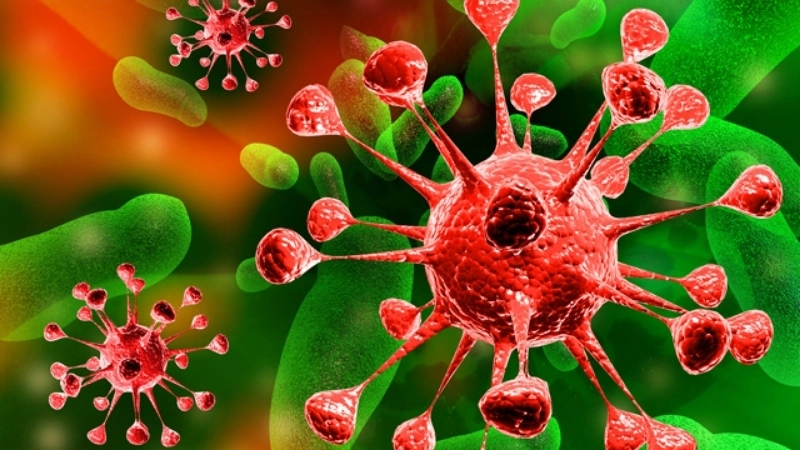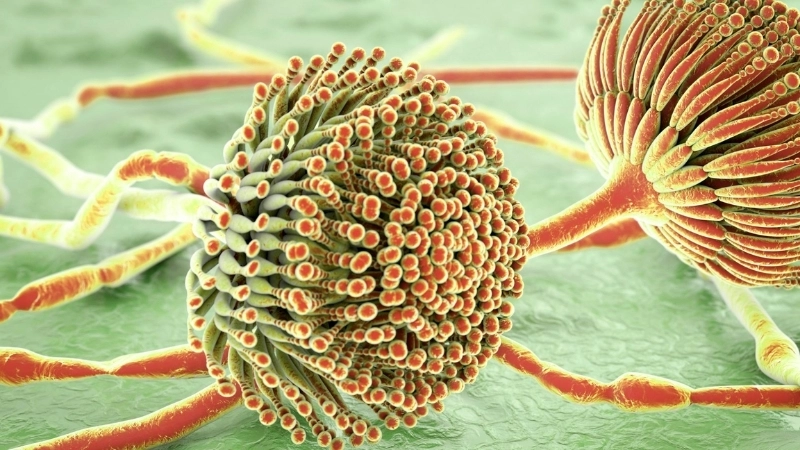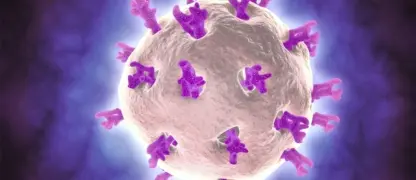Astrovirus Infection is a common viral illness affecting children and adults, causing diarrhea, vomiting, and fever. Understanding its causes, symptoms, and prevention is crucial for health.
What are the main causes of Astrovirus Infection?
- Astrovirus Infection primarily spreads through contaminated food or water, leading to gastrointestinal illness in children and immunocompromised individuals.
- Direct contact with an infected person can transmit the virus, especially in daycare or crowded living environments.
- Poor hygiene practices, such as inadequate handwashing after bathroom use, significantly increase the risk of contracting the infection.
Key symptoms of Astrovirus Infection to watch for
- Diarrhea is a common symptom, often mild to moderate, lasting for a few days, especially in young children.
- Nausea and vomiting may occur, leading to temporary dehydration and discomfort if not managed properly.
- Fever and abdominal pain can accompany gastrointestinal symptoms, signaling the body’s response to viral infection.

>>>Refer to more: Understanding Adenovirus Gastroenteritis symptoms and risks
How can you prevent Astrovirus Infection effectively?
- Wash hands thoroughly with soap and water before eating, after using the restroom, and after contact with infected individuals.
- Ensure all food and water are clean, cooked, or boiled properly to reduce the chance of viral contamination.
- Avoid close contact with infected individuals and maintain clean surfaces, especially in childcare or communal settings.
>>>Refer to more: Understanding Rotavirus Infection and its common symptoms
Image description of Astrovirus Infection
Astrovirus Infection is a viral illness primarily affecting the gastrointestinal system. It causes diarrhea, vomiting, fever, and abdominal discomfort, often in children and people with weakened immune systems.








>>>Refer to more: Understanding norovirus infection and its common symptoms
Preventing Astrovirus Infection requires good hygiene, proper handwashing, and isolating infected individuals. Awareness and timely care help reduce its spread and complications.





